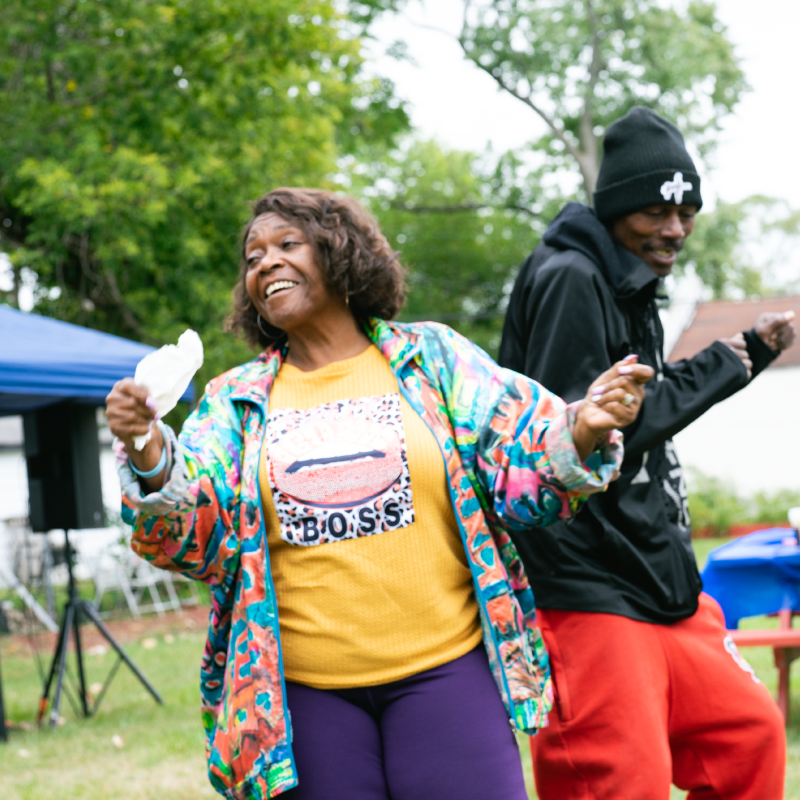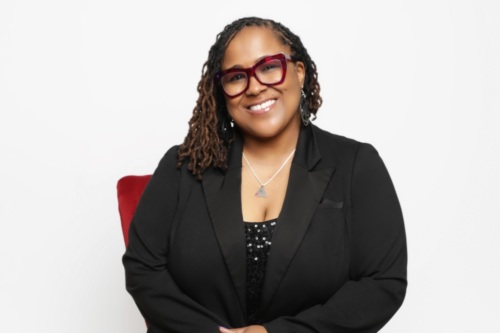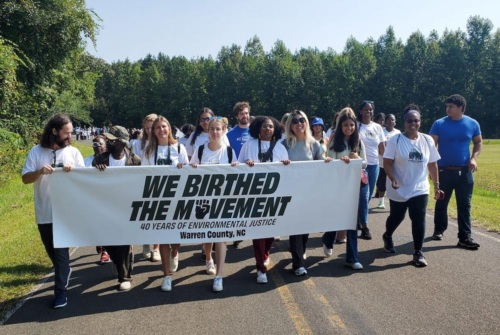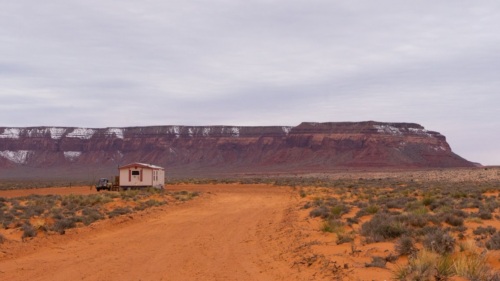Clean Water
We work to ensure that everyone, no matter their race or zip code, has access to clean, safe, affordable water. To do so, we:
- Urge the Biden administration to use all their authority to protect the waterways that our families and communities depend on and protect our drinking water from contaminants like lead, PFAS, mercury, and other heavy metals.
- Educate policymakers in Congress about the need to safeguard our water by supporting and strengthening the Clean Water Act, Safe Drinking Water Act, and other federal laws and regulations.
- Work with our environmental justice partners to guarantee access to clean water by ensuring federal investments in water infrastructure are directed to low-wealth communities and communities of color who have been unfairly excluded from federal and state investments.
Chemicals/Toxics
We fight to reduce harmful chemical exposure. To do so we:
- Educate federal policymakers on the need to ban PFAS, known as “forever chemicals” because they do not break down in the environment or human body, which can lead to health problems like certain cancers, weakened immune response, developmental impacts, hormonal issues, and decreased fertility.
- Work with our allies in the labor and environmental justice movements to educate policymakers on the need for protections for workers and frontline communities that face the brunt of the pollution from fossil fuel and chemical production.
Environmental Justice
Due to systemic racism and unjust policies, low-wealth communities, Indigenous communities, and communities of color often experience the highest pollution burdens and are disproportionately impacted by environmental health issues.
These communities are often forced to live with lead poisoning from paint and drinking water, failing water infrastructure, unaffordable water rates, and proximity to highly polluted Superfund sites, toxic landfills and dangerous industrial facilities.
As a member of the Equitable & Just National Climate Forum, LCVEF is working with our partners in the environmental justice community to:
- Address the legacy of industrial pollution that contaminates our air and water, and ensure that every community can live in a healthy, safe environment.
- Ensure that federal investments in infrastructure and environmental health prioritize and reach the communities most impacted.
- Prioritize community input in the legislative and federal planning process to ensure that projects reflect the preferences of the surrounding community.






